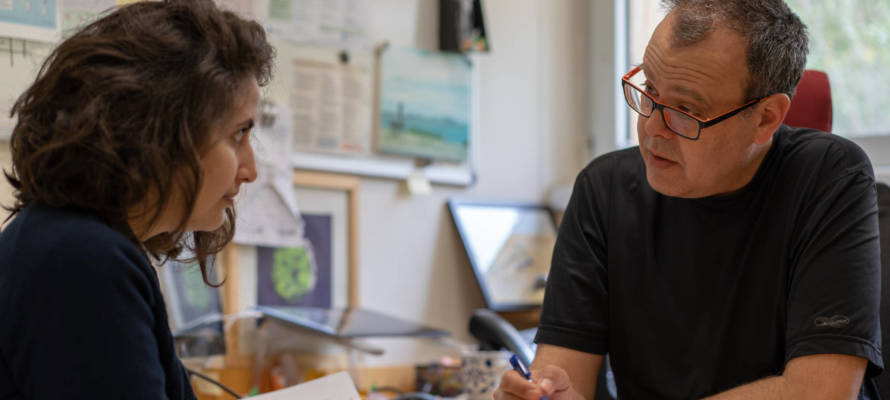A group of 15 researchers at Hebrew University discover a new method to detect coronavirus that they hope will cut costs and increase the speed of critical virus testing.
Researchers at the Hebrew University of Jerusalem have developed a new method of testing for the coronavirus that promises to result in faster test results at a lower price, the university announced Monday.
Countries around the world struggling to get ahead of COVID-19 infections have been facing a major problem in that testing for the virus depends on chemicals that are in short supply and the test results themselves can take several days to produce. The shortage slows down the rate of testing and increases the rate of infection, since thousands of patients who are not yet diagnosed, as well as those who have been tested but are waiting for the results, continue to walk around, unknowingly infecting healthy and at-risk populations.
The team, headed by Professor Nir Friedman from the university’s Institute of Life Sciences and School of Engineering and Computer Science, and Professor Naomi Habib of the Edmond and Lily Safra Center for Brain Science have developed a faster and cheaper way to test for coronavirus using materials commonly found in diagnostic labs.
Friedman and Habib also extract RNA molecules from a patient’s swab sample to see whether they contain viral RNA that confirms the presence of the COVID-19 virus, but now they have developed a much faster method.
“The virus detection protocol we developed is four-to-ten times faster than the current protocol,” Habib explains. “It’s based on magnetic beads and works both robotically and manually. The robotic protocol has already been tested at Hadassah Hospital and is now fully operational.”
Instead of expensive chemical reagents – substances or compounds added to a system to cause a chemical reaction – the test relies on more common materials that are readily available and easy to manufacture locally, making the new test significantly cheaper.
Magnetic beads are the only item in the protocol that still need to be imported from overseas. However, these beads can be recycled and used repeatedly.
“Our COVID-19 test significantly reduces labs’ dependence on external factors. To date, we’ve tested hundreds of clinical samples from Hadassah hospital, and our results were identical to those found by the kits currently being used,” Friedman said.
The next step in the development process is to find a method to allow for tens of thousands of samples to be tested simultaneously instead of the current rate of thousands of tests. The researchers are basing this on genomic sequencing, and the results thus far are promising. “We’re encouraged by preliminary – and positive indications – that this method will work,” said Friedman.
The two professors have recruited a team of 15 researchers and lab students, and they are pushing forward.
“It’s very moving to see a large group of researchers so dedicated to finding a solution to our current crisis, one that will get Israel, and hopefully the rest of the world, back to normal,” said Habib.










